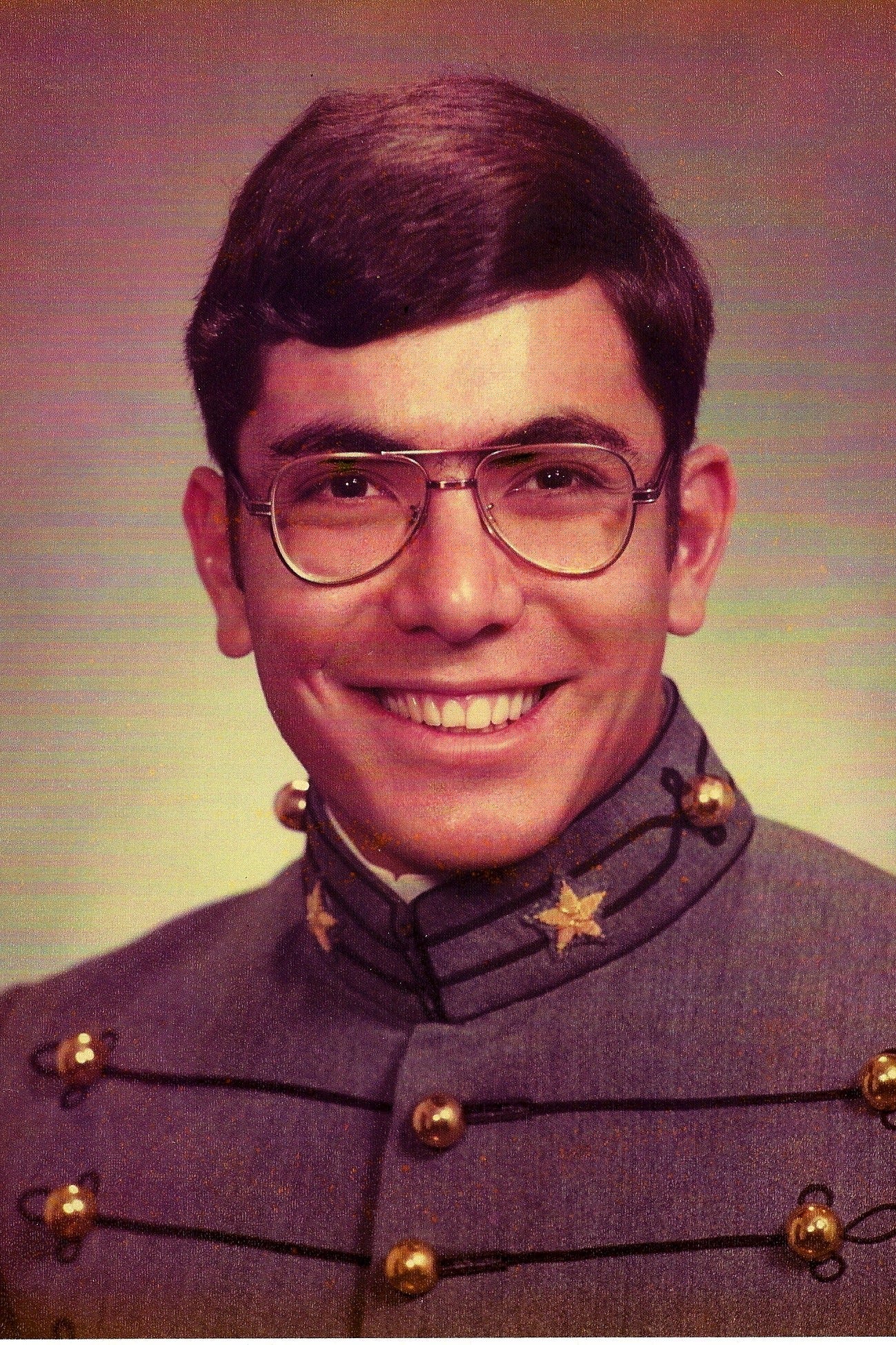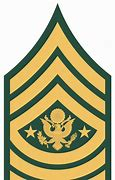Dusty Shelves: Advice From A CSM – 1969
Your Weekend Reading Assignment
Harding Project Readers:
About six years ago, I saw an article at the Army War College War Room where the editor asked the readers of that site for new and updated looks at old books, articles, chapters, speeches, and so forth. His intent was to dispel the perception that the “past only rarely has anything to tell us about the present or the future.” He wrote, “We need your help, your wisdom, and your experience.”
With that in mind, and my recent introduction to The Harding Project, I engaged Zach Griffiths and Sarah Chamberlin asking them if the document I discuss below might be of interest. They agreed and asked me to write about this as part of the Your Weekend Reading Assignment series.
The document is a letter written in 1969 by the Command Sergeant Major (CSM) of the United States Corps of Cadets (USCC). CSM Ted Arthurs was the USCC CSM after he had served in the 173rd Airborne Brigade in Vietnam where he was awarded the Silver Star for gallantry in action.
He wrote this letter giving advice to the soon-to-commission members of the Class of 1969. When I was a Cadet, my Tactical Officer and one of my academic instructors who both were from the Class of 1969 shared this with me. I studied and took this advice seriously. As my paper copy faded over time, I transcribed the letter and shared it with many seniors, peers, subordinates, and students over the years. Before I wrote this article, I obtained CSM (ret) Arthur’s permission to share this in an open on-line forum rather than individually through other more private means. He also asked me to not share his location.
CDT Lowe circa 1981. Photo courtesy of COL (R) Lowe.
CSM Arthurs opens the letter with the following:
“Some day my son may become a Lieutenant. If he does, there are a few things I am going to tell him in advance. I hope he absorbs the advice. I hope you do too.
Do not disregard advice you have been given by your own father and others. I am asking you to weigh the things I am going to tell you with all the things you have learned by your own observations, by what you have been officially taught, and what you hear from your friends.
If you are so inclined, hang onto this letter until later in your career. Review it once you become a Major and see if I steered you wrong. These observations are biased. They are the prejudiced viewpoints of a professional enlisted man.”
I realize that some of the advice CSM Arthurs provides is no longer applicable for the US Army of the 21st Century, but I can say that his thoughts on leadership are timeless. I hope you take the time to read the full document (embedded below at the end of this essay).
To whet your appetite, a couple of my favorite pieces of advice are:
“Listen to advice from experienced, successful leaders. Weigh this advice against what you are discussing. Consider your current contemporaries. You know most of your classmates well. Don’t they run the scale from the genius level down to the level of those whose counsel you would not seek? It’s the same in the Regular Army.”
“Take my advice and do not attempt to take on the First Sergeant. Thousands of new lieutenants have tried to force an issue and/or impose their will upon the First Sergeant only to see the unit commander not only back the First Sergeant like a brick wall, but then to close the door and proceed to caustically field strip the lieutenant and then explain the facts of life to him. No First Sergeant worth his salt will purposefully lead a new officer astray. The First Sergeant makes a living knowing what is right and what’s wrong in his unit, and he is not fool enough to go up against a lieutenant who is in the right. For this reason, the minute he starts giving you the negative concerning any matter, you had better sit up and take notice, for you are, at that moment, on his ground and his experience factor is dictating to him while yours is not. If I had my choice of being able to impart only one bit of advice to you, it would be this. The Orderly Room is a sacrosanct place. There should be only one person at a time seeing the First Sergeant or the clerk. If this rule is not enforced, bedlam results. For this reason you do not wear your headgear (or put it on the First Sergeant’s desk), sit at the First Sergeant’s desk (or on it!) or come in with another lieutenant and shoot the breeze. If you do not fight the First Sergeant, you should find him your most precious ally. Whether you realize it or not, the Colonel on down asks the First Sergeant how the new lieutenant is getting along.”
Thank you and enjoy your weekend reading!
Barrett F. Lowe
COL, USA (ret)





This advice right here and I thank you for sharing this piece of history. Not only are the words true, but it highlights the importance that everybody can bring to the table.
A question for you I would love to hear about. I have had my own experiences where even the experience of lower enlisted have been ignored by new lieutenants. Do you have any examples that you have seen personally where that was the case as well?
I would love to hear your thoughts on that.
Excellent read (and even better opportunity to reflect on those critical ~20 months back in 84-86). Wiser words were never spoken to “aspiring LTs”. Much this has application at every echelon. Thanks for sharing.